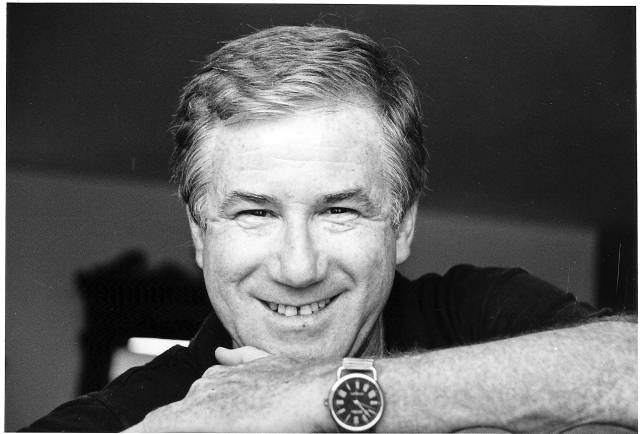The Great Israeli Poet

My Israeli twitter feed is united in a collective plotz this morning over Nancy Pelosi’s referencing of “the great Israeli poet, Ehud Manor”, in her speech to Congress yesterday.
To expand a little on Pelosi’s words, because I think this is something LGM readers will relate to: Ehud Manor can certainly be described as a poet, but most of his work was as a songwriter (though when you’re talking about mid-20th century Israeli pop music, the two terms have significant slippage; many popular songwriters were also poets or playwrights, and many popular songs began their life as poems and were later set to music). The song Pelosi quotes is one of his best-known, Ein Li Eretz Acheret, or “I Have No Other Country”. Manor wrote it in response to the death of his younger brother in the 1967-1970 War of Attrition with Egypt. He passed it along to singer-songwriter Corinne Alal in the early 80s. She set it to music, but its first and best-known performance, in 1986, was by the singer Gali Atari. Because of its genesis, and because of the sung version’s release coming in the wake of the 1982 war with Lebanon, it has been taken as a song of protest, against incompetent government and constant war. It has since been adopted by many Israeli movements (mostly on the left but also on the right).
I hope Pelosi will excuse my quibbles with her translation. My own halting attempt is below:
I have no other country,
Though the ground beneath me is burning.
Just one word in Hebrew
Penetrates my veins, my soul.
With an aching body, with a hungry heart,
This is my home.I will not remain silent,
For my country has changed its face.
I will not give up, I will remind her,
And sing in her ears.
Until she opens her eyes.
It’s a song that starts out expressing what seems like a familiar patriotic sentiment, then complicates it by stressing that patriotism can also mean reminding your country of what it should be. My most powerful memory of it is watching Atari and Alal sing it in the memorial rally for Yitzchak Rabin, held at the square in Tel Aviv where, a week earlier, he had been assassinated.
I’ve always found this song both comforting and galvanizing, and I hope that carries over, despite the barrier of language.


